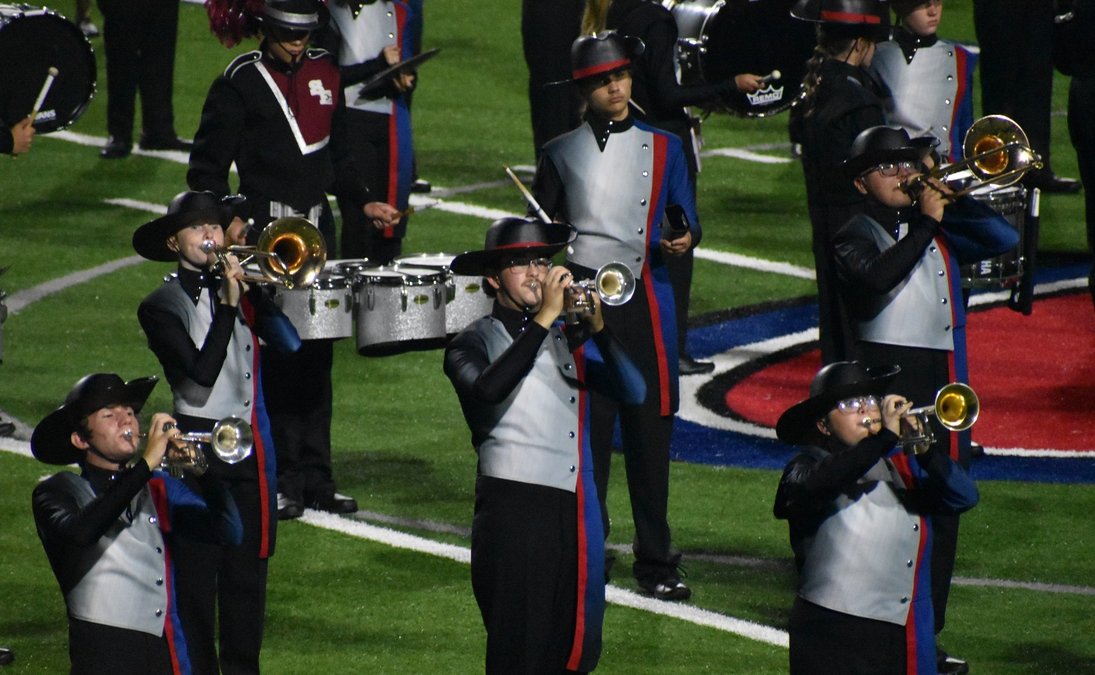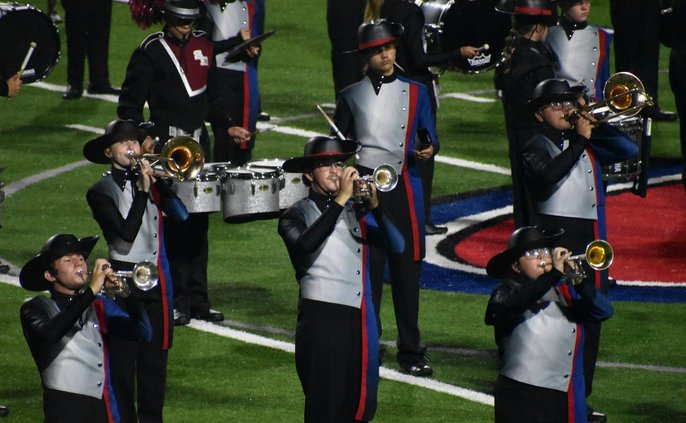GAINESVILLE — The Georgia Department of Natural Resources is proposing to create a new law enforcement division, separating it from the Wildlife Resources Division, a move that concerns many wildlife advocates.
“A lot of traditional wildlife folks, like myself, will be very worried that ... the (DNR’s) pursuit of pure law enforcement priorities will leave hunters, fishermen and boaters without the services they’ve received in the past,” said Larry McSwain, a Covington resident and former Wildlife Resources deputy director.
“And it will eliminate, to some degree, the use of enforcement as a wildlife tool,” he said.
Currently, the DNR has employees with Peace Officer Standards and Training certification spread through five sections or divisions within the department.
“They have different hiring standards, policies and procedures, reporting structures and very limited coordination of personnel deployment and patrol efforts,” said the DNR’s deputy commissioner, Homer Bryson.
“We believe the consolidation of this core function will reduce duplication of services, as it implements a single chain of command,” he added. “This also reduces our liability by standardizing hiring, training, supervision, policies and procedures.”
DNR board members heard a presentation from department officials on the plan, as well as opposition from the audience, at its May 21 meeting.
No vote was taken, but one is planned at the board’s meeting set for June 25 at the Nessmith-Lane Conference Center on the campus of Georgia Southern University.
However, the public still has a chance to comment, including at a public hearing set for Tuesday at DNR offices in Atlanta and otherwise through verbal and written means by June 18.
If approved, the proposal would take effect July 1 but be phased in over five years.
The DNR has two types of POST-certified employees: 200 game wardens, who serve as full-time law enforcement officers; and about 125 deputy conservation rangers, a group that consists of park rangers and fisheries and wildlife technicians.
“We began the transition of those (technicians) out of law enforcement about three years ago,” Bryson said. “This (proposal) is sort of the next step in that process.”
Current deputy conservation rangers would have five years to choose their career path.
“You’ll have technicians and park rangers transitioning out of law enforcement very gradually, which will allow us to look at what the law enforcement demand is statewide,” Bryson said.
“We can look internally as to how we need to allocate resources in personnel to meet all those needs.”
McSwain, who spoke at the DNR meeting, said he fears the move will reduce law enforcement services paid for by hunters, anglers, boaters and state park visitors through license, boat registration and park entry fees.
“We will pay the same fees in the future for less law enforcement presence,” he said.
McSwain added: “The move will result in more state bureaucracy and increased administrative costs, while reducing services to the public.”
Bryson insists that the move is “not a personnel cut, nor is it a budget reduction. It’s a simple reorganization of current assets to be more efficient.”
He said the proposal wasn’t drawn up on a whim.
“About three years ago, we did a pretty extensive study on the delivery of law enforcement in conservation agencies,” Bryson said. “We looked at what a number of other states have done.”
Several wildlife groups believe more time is needed before moving ahead with the reorganization.
Officials with Georgia Wildlife Federation, National Wild Turkey Federation, Georgia Council of Trout Unlimited and Quality Deer Management Association asked as much in a May 21 letter to Rob Leebern Jr., the DNR board chairman.
They asked the DNR to “begin a stakeholder process” and include hunters, anglers, boaters and state park visitors as stakeholders.
“Postpone implementation and associated rulemaking until a full public scoping and participation process can be conducted,” they said.
“More thorough participation is the best path to ensuring that the needs of all of these user groups can be met and that the best overall strategy will be implemented.”
Sheriffs also have concerns, saying they are worried at the prospect of taking rangers out of parks.
“If you don’t have any law enforcement presence at Amicalola Falls (State Park) all the time, then what’s that going to do to me, and our law enforcement agency here?” said Dawson County Sheriff Billy Carlisle.
Neal Walden, sheriff of White County, where Unicoi State Park is located, said, “It’s certainly going to impact the (local law enforcement). It just seems like we’re getting more and more put back on us at the local level.”
William Bagwell Jr., 9th District representative on the DNR board and a Gainesville resident, said the five-year phase-in will give the DNR time to figure out particular law enforcement needs or demands throughout the state.
“I can assure you that the staff and the leadership at the DNR is going to take care of it,” he said.
One thing Bagwell said he is also sure of is that Georgia has an extremely dedicated DNR law enforcement force.
“They live, breathe, bleed DNR and law enforcement and taking care of the citizens of Georgia,” he said.
“Essentially, we’re just trying to make a more efficient process out of who’s reporting to who in our law enforcement division,” said one of the at-large members, Philip A. Wilheit Jr. of Gainesville.
“A lot of things were said during that meeting that were ... just factually incorrect, and we’re in the process of getting out some information to the public on how this will actually affect and change how we operate.
“We’re trying to make changes that will be the most effective way to keep everyone safe in the public.”
What’s next
The Georgia Department of Natural Resources plans to allow for public comment before a June 25 vote on a proposed law enforcement reorganization.
Comments may be submitted electronically to homer.bryson@dnr.state.ga.us, calling (404) 656-3500 or mailing them to Homer Bryson, Department of Natural Resources, 2 Martin Luther King Jr. Drive, Suite 1252 East, Atlanta, GA 30334. Comments must be received by 4:30 p.m. June 18.
The June 25 meeting is scheduled for 9 a.m. at the Nessmith-Lane Conference Center on the campus of Georgia Southern University.








